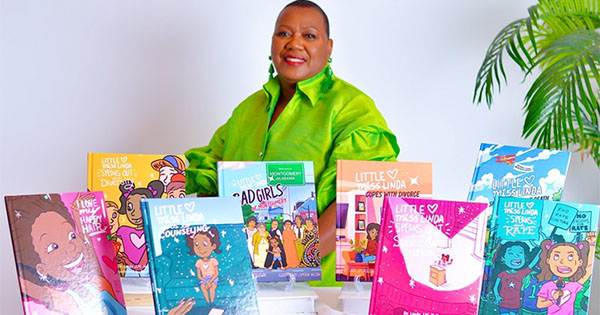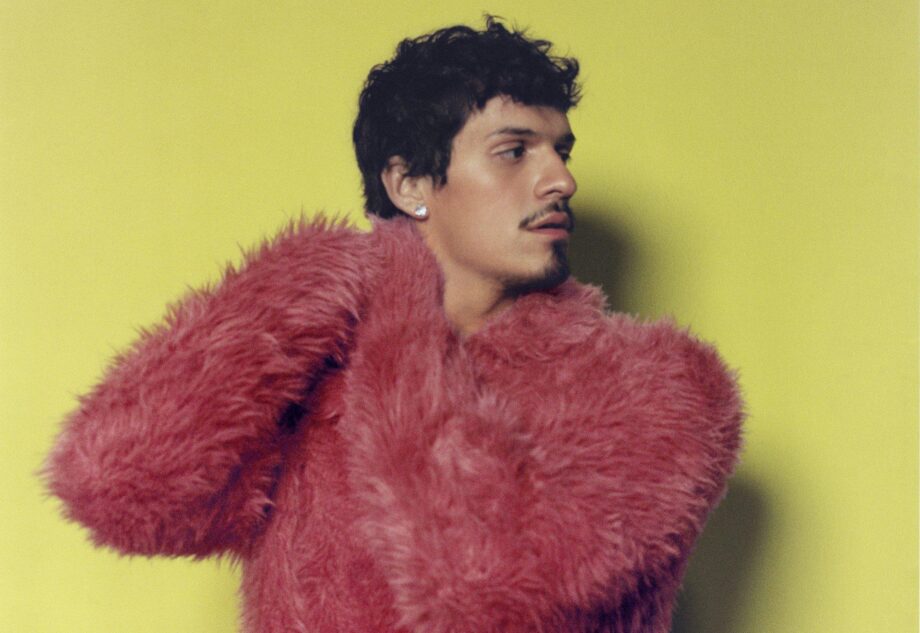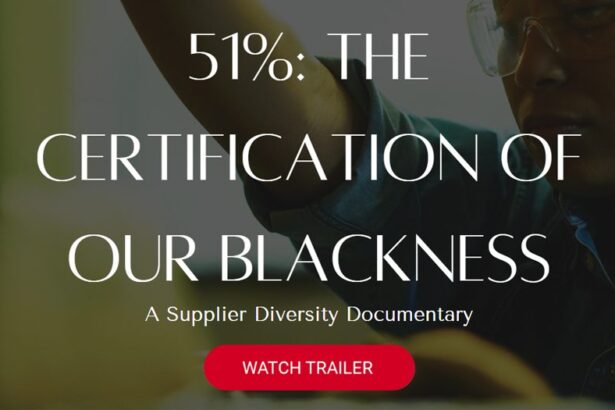“Honestly, I feel like a zaddy,” Omar Apollo says with a roguish grin, “because I’m 6’5″ so, like, you can run up in my arms and stay there, you know what I mean?”
As a bonafide R&B sensation and one of the internet’s favorite boyfriends, Apollo is likely used to the labels, attention and online swooning that come with modern fame. But in this instance, there’s a valid reason for asking about his particular brand of “zaddyhood”: he’s been turned into a Bratz doll.
In the middle of June, the popular toy company blasted a video to its nearly 5 million social media followers showing off the singer as a real-life Bratz Boy — the plastic version draped in a long fur coat (shirtless, naturally), with a blinged-out cross necklace and matching silver earrings as he belts out his 2023 single “3 Boys” from a smoke-covered stage.
The video, which was captioned “Zaddy coded,” promptly went viral, helped along by an amused Apollo reposting the clip to his own Instagram Story. “It was so funny,” he adds. “And it’s so accurate; that’s literally how my shows go. It made me look so glamorous, I loved it.”
The unexpected viral moment came with rather auspicious timing, considering Apollo is prepping for the release of his hotly anticipated sophomore album. God Said No arrives June 28 via Warner Records.
In fact, the star is so busy with the roll-out that, on the afternoon of our interview, he’s FaceTiming from the back of a car. The day prior, he’d filmed the music video for “Done With You,” the album’s next single. Now he’s headed to the airport to jet off to Paris, where he’ll be photographed front row at the LOEWE SS25 men’s runway show in between Sabrina Carpenter and Mustafa — the latter of whom is one of the few collaborators featured on God Said No.
Apollo’s trusted co-writer and producer, Teo Halm, is also joining the conversation from his home studio in L.A. In between amassing credits for Beyoncé (The Lion King: The Gift), Rosalía and J Balvin (the Latin GRAMMY-winning “Con Altura”), SZA (“Notice Me” and “Open Arms” featuring Travis Scott) and others, the 25-year-old virtuoso behind the boards had teamed up with Apollo on multiple occasions. Notably, the two collabed on “Evergreen (You Didn’t Deserve Me At All),” which helped Apollo score his nomination for Best New Artist at the 2023 GRAMMYs.
In the wake of that triumph, Apollo doubled down on their creative chemistry by asking Halm to executive produce God Said No. (The producer is also quick to second his pal’s magnetic mystique: “Don’t get it twisted, he’s zaddy, for sure.”)
Apollo bares his soul like never before across the album’s 14 tracks, as he processes the bitter end of a two-year relationship with an unnamed paramour. The resulting portrait of heartbreak is a new level of emotional exposure for a singer already known for his unguarded vulnerability and naked candor. (He commissioned artist Doron Langberg to paint a revealing portrait of him for the cover of his 2023 EP Live For Me, and unapologetically included a painting of his erect penis as the back cover of the vinyl release.)
On lead single “Spite,” he’s pulled between longing and resentment in the wake of the break-up over a bouncing guitar riff. Second single “Dispose of Me” finds Apollo heartsick and feeling abandoned as he laments, “It don’t matter if it’s 25 years, 25 months/ It don’t matter if it’s 25 days, it was real love/ We got too much history/ So don’t just dispose of me.”
Elsewhere, the singer offers the stunning admission that “I would’ve married you” on album cut “Life’s Unfair.” Then, on the very next song — the bumping, braggadocious “Against Me” — Apollo grapples with the reality that he’s been permanently altered by the love affair while on the prowl for a rebound. “I cannot act like I’m average/ You know that I am the baddest bitch,” he proclaims on the opening verse, only to later admit, “I’ve changed so much, but have you heard?/ I can’t move how I used to.”
More Omar Apollo News & Videos
Given the personal subject matter filling God Said No — not to mention the amount of acclaim he earned with Ivory — it would be understandable if Apollo felt a degree of pressure or anxiety when it came to crafting his sophomore studio set. But according to the singer, that was entirely not the case.
“I feel like I wouldn’t be able to make art if I felt pressure,” he says. “Why would I be nervous about going back and making more music? If anything, I’m more excited and my mind is opened up in a whole other way and I’ve learned so much.”
In order to throw his entire focus into the album’s creation, Apollo invited Halm to join him in London. The duo set up shop in the famous Abbey Road Studios, where the singer often spent 12- to 13-hour days attempting to exorcize his heartbreak fueled by a steady stream of Aperol spritzes and cigarettes.
The change of scenery infused the music with new sonic possibilities, like the kinetic synths and pulsating bass line that set flight to “Less of You.” Apollo and Halm agree that the single was directly inspired by London’s unique energy.
“It’s so funny because we were out there in London, but we weren’t poppin’ out at all,” the Halm says. “Our London scene was really just, like, studio, food. Omar was a frickin’ beast. He was hitting the gym every day…. But it was more like feeding off the culture on a day-to-day basis. Like, literally just on the walk to the studio or something as simple as getting a little coffee. I don’t think that song would’ve happened in L.A.”
Poetry played a surprisingly vital role in the album’s creation as well, with Apollo littering the studio with collections by “all of the greats,” including the likes of Ocean Vuong, Victoria Chang, Philip Larkin, Alan Ginsberg, Mary Oliver and more.
“Could you imagine making films, but never watching a film?” the singer posits, turning his appreciation for the written art form into a metaphor about cinema. “Imagine if I never saw [films by] the greats, the beauty of words and language, and how it’s manipulated and how it flows. So I was so inspired.”
Perhaps a natural result of consuming so much poetic prose, Apollo was also led to experiment with his own writing style. While on a day trip with his parents to the Palace of Versailles, he wrote a poem that ultimately became the soaring album highlight “Plane Trees,” which sends the singer’s voice to new, shiver-inducing heights.
“I’d been telling Teo that I wanted to challenge myself vocally and do a power ballad,” he says. “But it wasn’t coming and we had attempted those songs before. And I was exhausted with writing about love; I was so sick of it. I was like, Argh, I don’t want to write anymore songs with this person in my mind.”
Instead, the GRAMMY nominee sat on the palace grounds with his parents, listening to his mom tell stories about her childhood spent in Mexico. He challenged himself to write about the majestic plane tree they were sitting under in order to capture the special moment.
Back at the studio, Apollo’s dad asked Halm to simply “make a beat” and, soon enough, the singer was setting his poem to music. (Later, Mustafa’s hushed coda perfected the song’s denouement as the final piece of the puzzle.) And if Apollo’s dad is at least partially responsible for how “Plane Trees” turned out, his mom can take some credit for a different song on the album — that’s her voice, recorded beneath the same plane tree, on the outro of delicate closer “Glow.”
Both the artist and the producer ward off any lingering expectations that a happy ending will arrive by the time “Glow” fades to black, however. “The music that we make walks a tightrope of balancing beauty and tragedy,” Halm says. “It’s always got this optimism in it, but it’s never just, like, one-stop shop happy. It’s always got this inevitable pain that just life has.
“You know, even if maybe there wasn’t peace in the end for Omar, or if that wasn’t his full journey with getting through that pain, I think a lot of people are dealing with broken hearts who it really is going to help,” the producer continues. “I can only just hope that the music imparts leaving people with hope.”
Apollo agrees that God Said No contains a “hopeful thread,” even if his perspective on the project remains achingly visceral. Did making the album help heal his broken heart? “No,” he says with a sad smile on his face. “But it is proof of pain. And it’s a beautiful thing that is immortalized now, forever.
“One day, I can look back at it and be like, Wow, what a beautiful thing I experienced. But yeah, no, it didn’t help me,” he says with a laugh.




